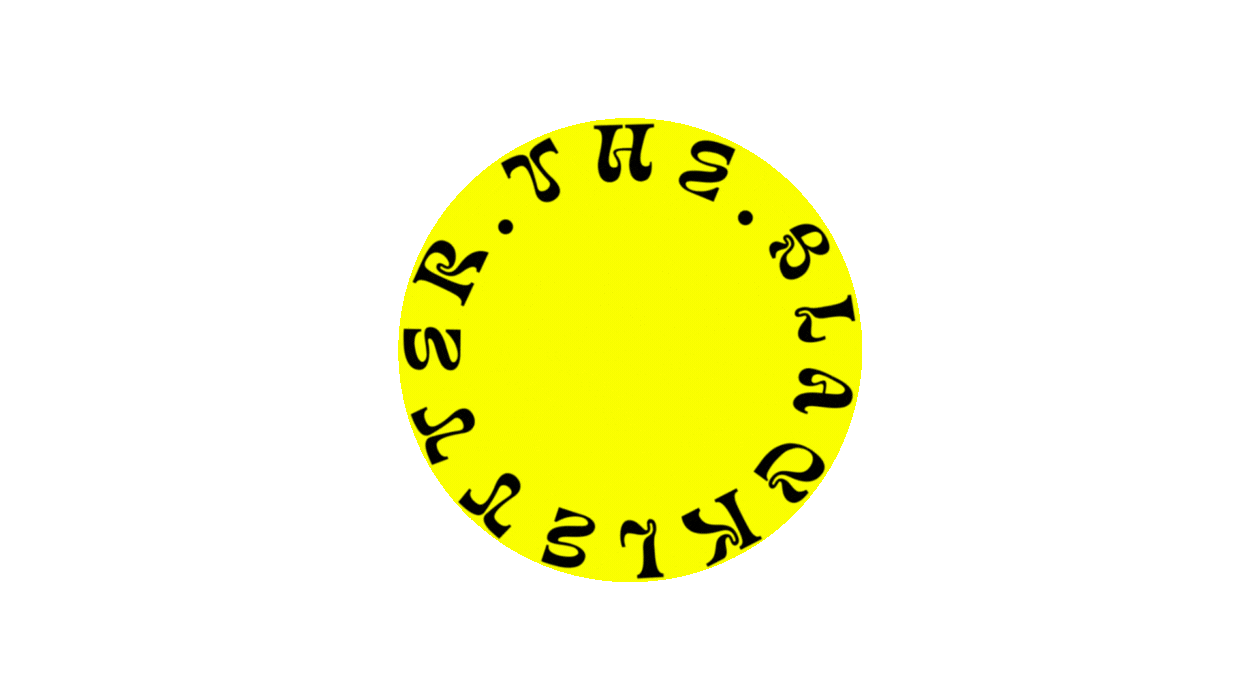Black Dandyism & Fashion: Culture, Capital & Commodification
The Met Gala, Vogue, and the Exploitation of Black Creatives in Fashion
Ten years ago, I had the honor of participating in the documentary Black Dandy: une beauté politique, directed by Ariel Wizman and Laurent Lunetta. Collaborating with influential figures like Sarah Diouf, at that time editor-in-chief of Ghubar magazine (which, sadly, no longer exists), and Alpha Sidibé, studio coordinator at Christian Louboutin, we explored Black dandyism—a movement where fashion becomes a form of resistance, identity, and pride (lemonde.fr).
Now, as we approach the 2025 Met Gala, with its theme Superfine: Tailoring Black Style, I'm caught in a space of both pride and profound discomfort. Black dandyism—a powerful celebration of Black sartorial excellence—is being recognized, but it's hard not to feel wary about the platform doing the recognizing.
Vogue, an institution that for years has commodified Black culture for its social and financial gain, still has a checkered history when it comes to truly supporting Black individuals, especially those in positions of power.
The mistreatment of trailblazers like André Leon Talley and Edward Enninful at Vogue serves as a stark reminder of the gap between superficial inclusivity and actual support.
Both of these men, icons in their own right, faced immense challenges within the very institution that should have uplifted them. André Leon Talley, after paving the way for so many, was pushed out. Edward Enninful, despite being one of the most prominent Black figures in fashion, has also faced setbacks within the same company.
These are not isolated incidents—they reflect a larger pattern of mistreatment toward Black individuals at Vogue, who are often sidelined or forced to work in an environment that does not fully embrace them. While Vogue has occasionally made headlines by putting Black individuals on its cover, the magazine’s historical record in this regard cannot be ignored. Beverly Johnson made history in 1974 as the first Black model to grace the cover, followed by Naomi Campbell, Tyra Banks, Liya Kebede, Beyoncé, and Kamala Harris, among others.
Yet these moments are rare, and when they do happen, they’re often framed more as token gestures rather than genuine efforts to foster Black talent.
Beyoncé’s September 2018 cover was particularly groundbreaking, as she took editorial control, hiring Tyler Mitchell, the first Black photographer to shoot a Vogue cover. But this was an exception, not the rule.The fact that Vogue and similar institutions are now leaning into Black dandyism for their Met Gala theme feels a bit too convenient. The commodification of Black culture—without true commitment to creating opportunities for Black creatives—is painfully clear.
Yes, we see Black faces in the images, but is it enough? Are the voices of Black creatives being heard in the boardrooms, in editorial decisions, in the leadership roles?
The answer, unfortunately, is no.
As much as I love the current energy—like the stunning photo spreads styled by the brilliant Law Roach and the beautiful melanin-rich cast of talents including Jeremy Pope, Jerry Lorenzo, Lakeith Stanfield, Ayo Edebiri, Naomi Ackie, Spike Lee, Dapper Dan, Aaron Pierre, Yara Shahidi, Teyana Taylor, and Ryan Destiny—the reality is that Vogue has used the brilliance of Black culture without ever fully investing in Black voices.
These are the same institutions that have historically marginalized Black talents or only used them as a marketing tool to appease growing demands for diversity, without making any meaningful changes behind the scenes.
Like Blakely Thornton has said this is the same Vogue that has repeatedly denied iconic figures like Tracee Ellis Ross a cover, despite her being a staple of the fashion world and the Met Gala for decades.
The contradiction is glaring—Black culture is being used to sell magazines, to sell tickets to high-profile events, but when it comes to acknowledging the true power of Black creatives, the support is inconsistent at best.
Before the Vogue team congratulates themselves for recognizing Black style in 2025, they must understand that Black culture is far from a fleeting trend. Black individuals are not commodities to be marketed and exploited for financial gain. We have been the architects of the very culture from which Vogue consistently benefits. It is time for these institutions to move beyond mere tokenism, addressing the need for substantial, systemic change rather than performing hollow gestures. One cannot continue to exploit Black talent without making authentic investments in Black lives and careers.
You’ve got a job to do, and we’re all watching you.
As we move forward, I hope for a fashion world that not only celebrates Black culture but also uplifts and empowers Black voices at every level. True progress lies in consistent representation, equitable opportunities, and genuine respect for the contributions of Black creatives.












